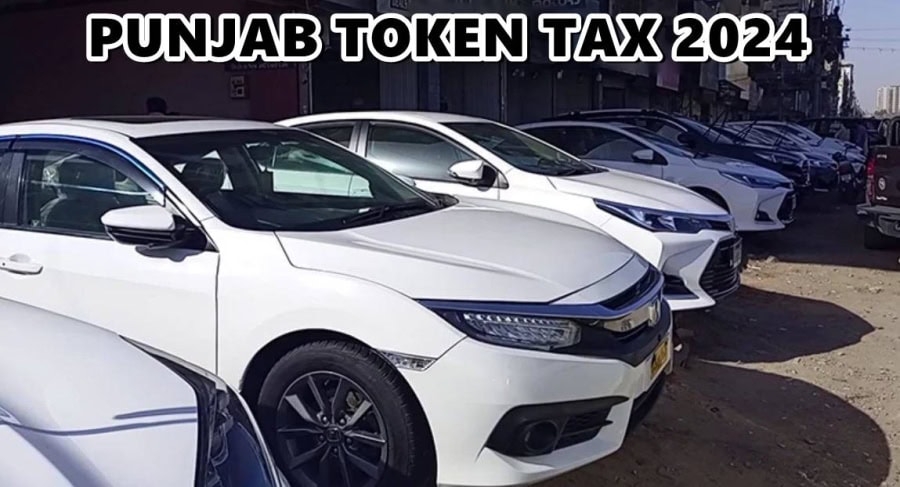LAHORE – Punjab government passed Punjab Finance Bill 2024-25, with several changes and amendment to Punjab Motor Vehicles Taxation Act.
With proposed changes in Punjab Motor Vehicles Taxation Act, the government also amended which in turn introduced new token tax in region. The provincial authorities introduced new token tax policy aimed at vehicle owners in the region.
As per the new rules, new owner of a vehicle with an engine capacity up to 1000cc will have to pay full token tax again upon transferring ownership.
Punjab Annual Token Tax
After approval of Budget 2024-25, the annual token tax for cars will no longer be based on engine capacity but as per invoice value.
| Engine Capacity | Annual Token Tax |
|---|---|
| 1000cc to 2000cc | 0.2% of the invoice value |
| Exceeding 2000cc | 0.3% of the invoice value |
Lifetime Token Tax
Lifetime token tax for 1000cc vehicles has been jacked up to Rs20,000 – as compared to old fee of Rs15,000.
While transferring ownership of 1000cc vehicle, the new owner will have to pay lifetime token tax with 10pc annual discount if the transfer occurs within 10 years. However, if the transfer takes place after 10 years, no lifetime token tax will be charged.
The new changes will help government generating higher taxes for newer, more expensive vehicles.
This move is likely intended to increase tax revenue and encourage transparency in vehicle transactions. However, it also places a heavier burden on vehicle owners, particularly those purchasing higher-valued cars. The policy’s long-term effects on the automotive market and tax compliance remain to be seen.










